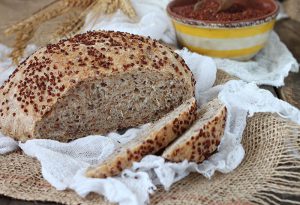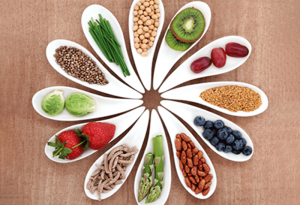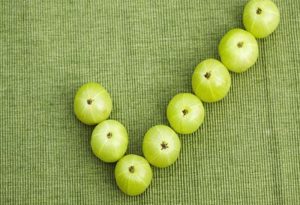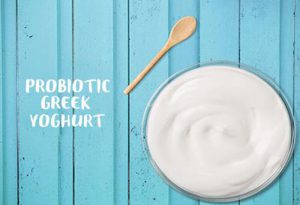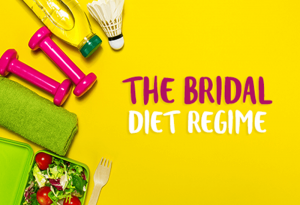
“Like superheroes swooping in to save the day, super foods are those that rescue our bodies from illness, nutritional deficiencies and the threat of obesity. There is no technical definition for the term super food, but the word is typically associated with foods that offer multiple benefits for the body without a high amount of fat and calories accompanying them.”
Greek Yogurt:
Yogurt gets its “Greek” label when it has been strained to get rid of whey, which is the liquid that’s left over after the curdling process. Without whey, yogurt takes on a thicker, creamier consistency with a higher concentration of protein and good-for-your-gut probiotics (another bonus: less sugar).
You can prepare a smoothie bowl filled with a variety of fruits topped with greek yogurt and honey.
Quinoa:
These seeds are gluten-free, high in protein and one of the few plant foods that contain all nine essential amino acids.
There are several dishes that can be prepared with quinoa, like salads or wraps with veggies and proteins.
Blueberries:
At 84 calories per cup, a serving of these super berries contains 14 percent of the suggested daily fiber and 24 percent of the suggested daily intake of Vitamin C. One dish which you could prepare is a banana and blueberry muffin which not only tastes delicious but is also healthy.
Kale:
Kale is a fantastic source of fiber, calcium, and iron. It provides more antioxidants than most other fruits and veggies. You can make a variety of dishes like salads or pastas using kale.
Chia Seeds:
They are virtually tasteless, easy-to-digest (when prepared properly and soaked), super nutrient dense, and full of energy-boosting power. Chia seeds are loaded with fatty acids along with magnesium, iron, calcium, and potassium.
A chia pudding or milkshake make for great recipes!
Broccoli:
Broccoli stands out for its exceptionally high levels of vitamin C. It is packed with vitamins, minerals and disease-fighting compounds.
You could eat broccoli in many various ways like salads, soups and stir-frys.
Watermelon:
Watermelons are low in sugar and high in vitamins A and C. This low-calorie fruit potentially lowers blood pressure and reduces the risk of cardiovascular diseases.
Watermelon salads, juices and even desserts are a great source of these vitamins.
Eggs:
Eggs are a great source of protein and are loaded with nutrients. A large egg contains only 77 calories, with 5 grams of fat and 6 grams of protein with all 9 essential amino acids.
The best way of having eggs are boiled, omelette, scrambled or poached.
Get your super foods here.


